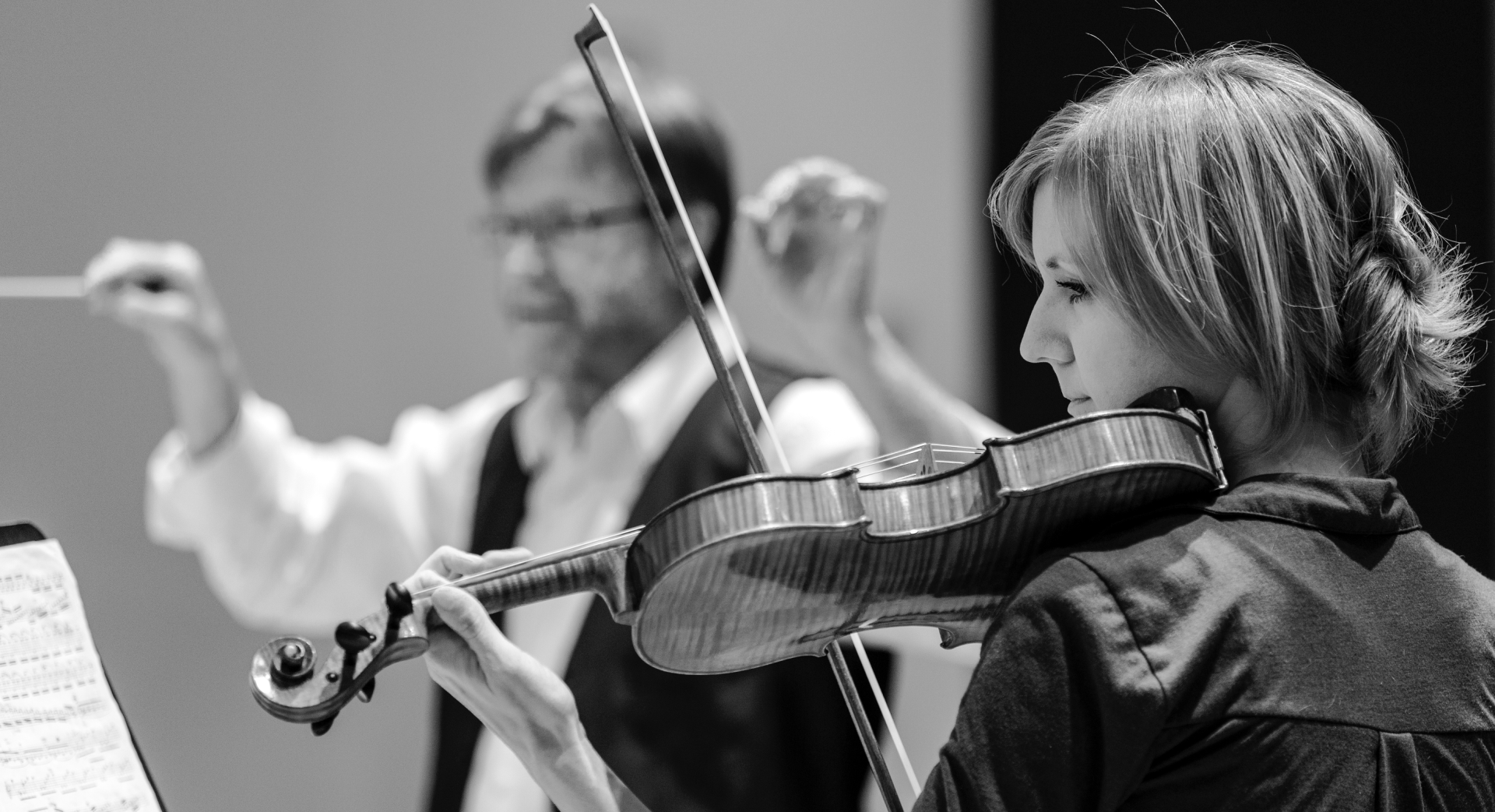About the institute
Welcome to the Institute for Musicians' Motor PerformanceTM
(IMMP)
(IMMP)
The Institute researches, develops, and teaches methods for improving musicians' motor performance. The focus is on musicians and motor performance because:
Without motor skill, there would be no music.
Motor skill - the ability of the body to create and direct motion - is the necessary medium by which each performing musician communicates the inner, musical imagination.
Musicians are the elite amongst fine motor performers. Studying musicians provides a crucial lens for understanding how these skills are acquired, trained and improved in extreme conditions, and to the highest known level of human expertise.
The Institute combines work in three critical areas:
1. High-level musical performance expertise: musician insiders' knowledge of the physical, technical, psychological and musical-expressive demands of the field
2. Scientific research into the neurophysiology and biomechanics of musicians' fine motor performance
3. Clinical work with musicians: developing and teaching methodologies specifically aimed at improved (motor) performance for musicians. Scientific knowledge about human (neuro-)physiology is combined with knowledge of instrumental mechanics to create training methods adapted to each instrument's technical challenges, and each person's physique and musical goals.
Without motor skill, there would be no music.
Motor skill - the ability of the body to create and direct motion - is the necessary medium by which each performing musician communicates the inner, musical imagination.
Musicians are the elite amongst fine motor performers. Studying musicians provides a crucial lens for understanding how these skills are acquired, trained and improved in extreme conditions, and to the highest known level of human expertise.
The Institute combines work in three critical areas:
1. High-level musical performance expertise: musician insiders' knowledge of the physical, technical, psychological and musical-expressive demands of the field
2. Scientific research into the neurophysiology and biomechanics of musicians' fine motor performance
3. Clinical work with musicians: developing and teaching methodologies specifically aimed at improved (motor) performance for musicians. Scientific knowledge about human (neuro-)physiology is combined with knowledge of instrumental mechanics to create training methods adapted to each instrument's technical challenges, and each person's physique and musical goals.
We believe that the human motor system, if understood and used well, can learn and sustain musical performance at the highest level without pain and injury.

— Courses
Develop and refine the fine motor skills, from (finger-)tips to toes
The course material will be offered in modules centered around solutions to different challenges that musicians face, from posture to finger independence to air flow and beyond.
The institute describes its training approach as addressing the 'Rest of the IcebergTM'. If muscle activations and joint angles are the visible output - a.k.a., the tip of the iceberg - the 'Rest of the Iceberg' is the input of our attention, our intentions, our expectations, and the processing of our sensory stimuli, all shaping how we prepare a movement and what we feel during a movement. It is the 'Rest of the Iceberg' that will determine the quality of the motion: e.g., the motion's precision, adaptability, ease, dynamism, and degree to which it will tire.
The goal is to acquire tools to harness the 'Rest of the Iceberg' for intelligent, nuanced, precise, dynamic, easy movement that will be able to convey the full range of one's desired musical expression.
The institute describes its training approach as addressing the 'Rest of the IcebergTM'. If muscle activations and joint angles are the visible output - a.k.a., the tip of the iceberg - the 'Rest of the Iceberg' is the input of our attention, our intentions, our expectations, and the processing of our sensory stimuli, all shaping how we prepare a movement and what we feel during a movement. It is the 'Rest of the Iceberg' that will determine the quality of the motion: e.g., the motion's precision, adaptability, ease, dynamism, and degree to which it will tire.
The goal is to acquire tools to harness the 'Rest of the Iceberg' for intelligent, nuanced, precise, dynamic, easy movement that will be able to convey the full range of one's desired musical expression.
Write your awesome label here.
— About the IMMPTM founder
IMMP founder and director, Julia Tom
— Media
— Testimonials
Maestro Myung-Whun Chung
Ken Hakii
Former principal violist of the Concertgebouw Orchestra, serving as principal violist from 1992 until his retirement in 2020
Lauriane Chenais
Principal harp, North Netherlands Orchestra. Julia Tom taught Dispokinesis to Ms. Chenais when Ms. Chenai was an Academist of the Concertgebouw Orchestra (2018-19)
Mimi Ke
Pianist in Advanced Certificate Program at University of Toronto. In 2021-22, Ms. Ke took the year-long class, 'Performance Skills', taught by Julia Tom
Contact us
Thank you!



